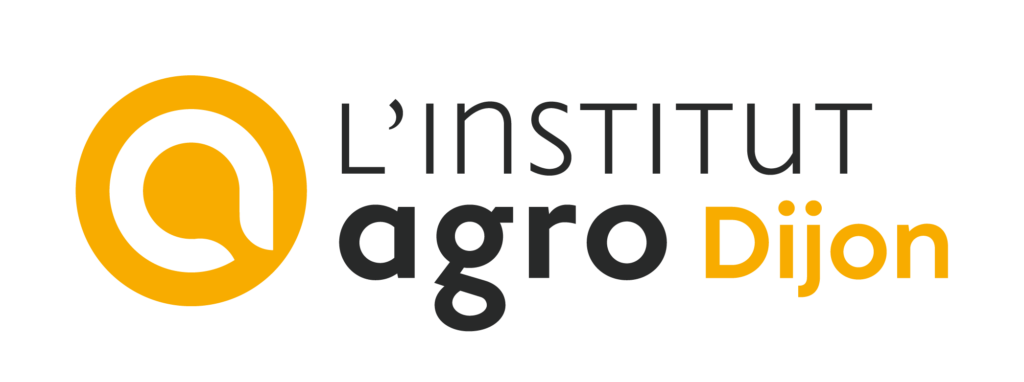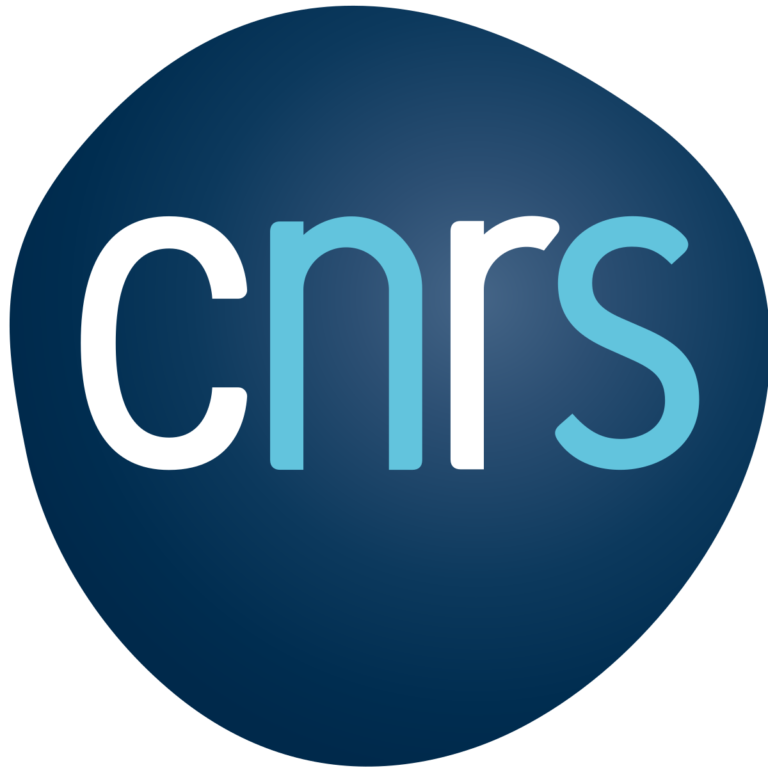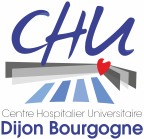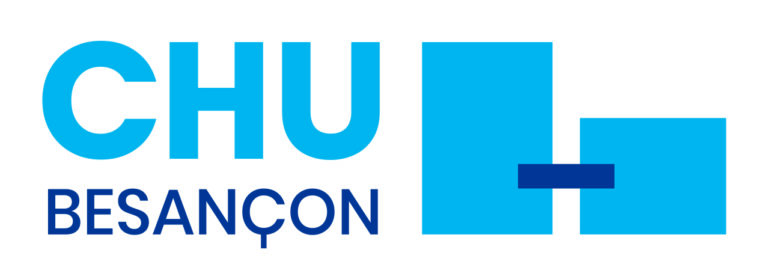HARMI

The HARMI project: understanding and harnessing microbiomes to address global challenges
The HARMI project (Harnessing Microbiomes for Sustainable Development), led by Université Marie et Louis Pasteur, is one of the 15 winners of the PIA4 “ExcellencES” call for projects.
The ambition of this project is to create a unique international centre of excellence unique by bringing together numerous disciplines, research areas, and capacities, all dedicated to a better understanding and the use of microbial communities in order to achieve food safety and security, promote sustainable agriculture, ensure healthy lives, combat climate change and preserve aquatic and terrestrial environments.
With a budget of 14 million euros, it units more than 250 researchers from departments at the University of Burgundy, the University of Franche-Comté, the Institut Agro Dijon, the university hospitals of Besançon and Dijon and from national research organizations like INRAE and CNRS, , as well as local businesses.
Microbes: key organisms
Microbes are the primary and predominant form of life on Earth. Due to their involvement in numerous biological and environmental processes, they contribute to the formation and functioning of all our ecosystems and their components (soils, aquatic environments, wetlands, human and animal bodies, etc.).
Thus, microbes play a key role in the availability of nutrients for plants, the transformation and preservation of food (for example, during fermentation: beer, yogurt, wine, cured meats, cheeses, etc.), human health (some microbes are pathogenic to humans and can resist most antibiotics, causing very difficult-to-treat infections) and animal health, the biodegradation or decontamination of various contaminants from industrial, domestic, agricultural, and pharmaceutical activities (hydrocarbons, heavy metals, pesticides, etc.), and greenhouse gas emissions, while also being able to mitigate them. Microbes are essential agents for planetary health and, most importantly, for its sustainability.
HARMI to strengthen the scientific policy of the Bourgogne-Franche-Comté university site
From ecology to soil science, medicine, genetics, and paleontology, the project covers a wide range of scientific fields. Beyond this multidisciplinarity is the desire to elevate the impact of university research by creating strong bridges between education, research, and industry.
HARMI aims to be a unifying element for a rapid and tangible transformation of the research in Bourgogne-Franche-Comté by enabling researchers to collaborate across disciplines and institutes to unlock the untapped potential of the smallest organisms to solve some of our greatest challenges.
HARMI rests upon 4 interconnected pillars
Pillar 1: Transforming the research and socio-economic partnerships by attracting the best researchers internationally, promoting interdisciplinarity, and fostering innovative scientific collaborations between academia and with private companies.
Pillar 2: Reinforcing the Continuum between Research and Training by leveraging the research-based and research-oriented training programs offered by the TRANSBIO Graduate School, dedicated to territorial, environmental, and food issues.
Pillar 3: Establishment and development of a HARMI platform network to enhance scientific interactions at different levels, promote technology transfers, and increase the attractiveness of the Bourgogne-Franche-Comté region.
Pillar 4: Strengthening the link between Science and Society to raise public awareness (citizens and decision-makers), promote knowledge sharing for a better understanding of current global challenges, and inform opinion formation.
HARMI is based on a research and training strategy organized into 4 axes
WP1: Understanding the ecology and spatiotemporal dynamics of microbial communities
WP2: Deciphering microbiome-host interactions
WP3: Managing microbial communities to improve sustainability and service provision
WP4: Developing microbial biotechnology
Latest news
The second call for HARMI projects is now open
A total of €1,882,500 is available to support 17 research projects.
Any tenured researcher belonging to one of the partner organisations in the Bourgogne-Franche-Comté region is eligible to apply.
The full description of the call for projects and the application form can be found below :
A call for proposals to fund seminars, workshops and summer schools in Bourgogne-Franche-Comté in 2026 is now open!
The aim is to promote training, cooperation and interdisciplinarity within the region, with an international outlook.
Download the document below for full details:
Applications are now open for a young talents program.
HARMI invites applications for a young talents program (3-year Tenure-Eligible Junior Professor Chair Position) on the topic “Understanding and steering microbial communities in agroecosystems to enhance the delivery of ecosystem services” in the Agroecology Department at the INRAE center in Dijon.
Contact: harmi@ubfc.fr
HARMI project coordinator: Laurent PHILIPPOT, Director of Research
Host laboratory: Laboratoire Agroécologie (INRAE, Institut AgroDijon, uB)
Project assistants:
- Didier Hocquet, Professor of Clinical Microbiology, CHRU of Besançon and Chrono-Environnement Laboratory (CNRS, UFC)
- Michel Chalot, Professor of Bioremediation, Chrono-Environnement Laboratory (CNRS, UFC)
Coordinator: Université Marie et Louis Pasteur
Partners:





The HARMI project benefits from State aid managed by the ANR under the France 2030 programme under the reference “ANR-21-EXES-0014”.
